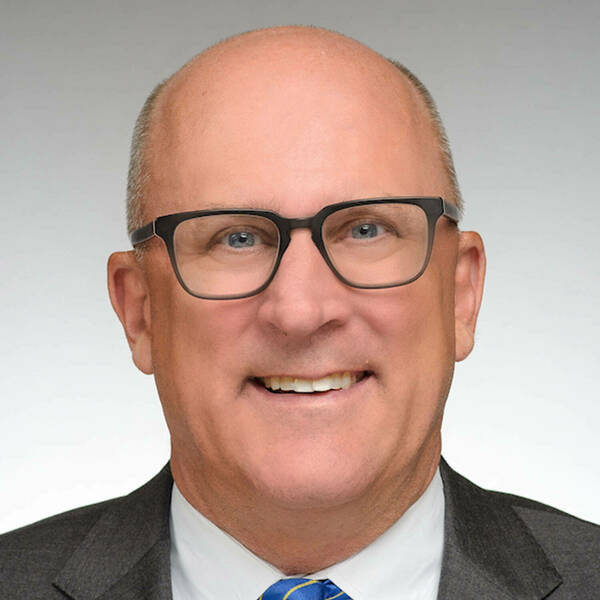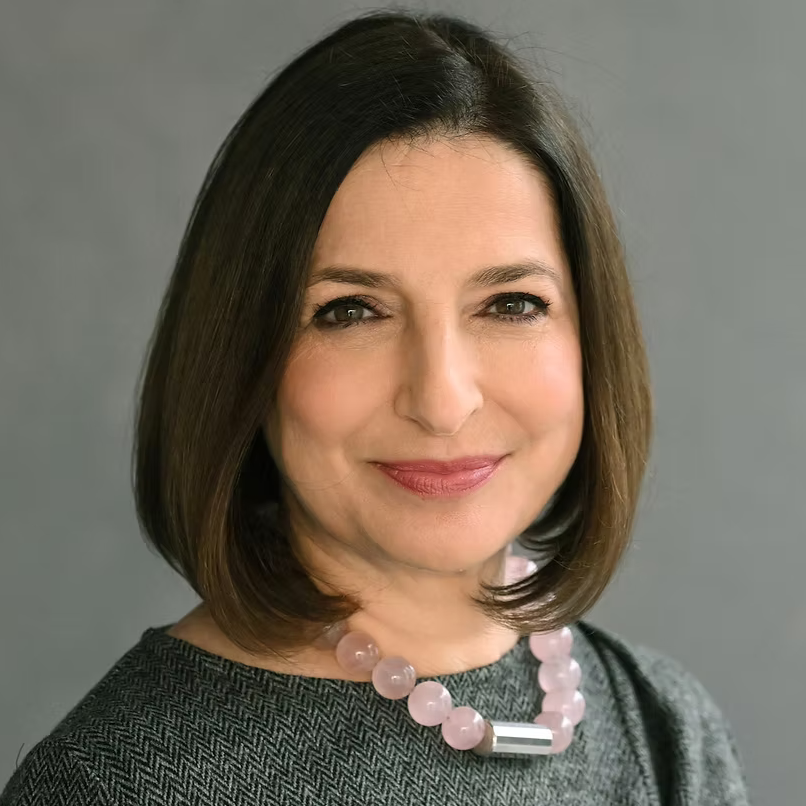Registration is closed. Only registered participants will be admitted to the conference sessions.
The road to dictatorship is cleared by the expansion of executive power. Whether in Hungary, Turkey, El Salvador, or Venezuela, elected presidents and prime ministers have used their constitutional authority and legislative majorities to undermine, and ultimately capture, other institutions.
These countries are just illustrative of a broader trend: anti-democratic executives have progressively packed the judiciary, purged the civil service, undermined electoral management bodies, silenced independent media, prosecuted dissidents, restricted non-governmental organizations, regulated the business sector in favor of cronies, and politicized the security forces. Small actions against those institutions, under the cover of executive immunity, eventually accumulate into the breakdown of democracy.
- How can we distinguish legitimate conflicts among institutions, part of normal democratic politics, from dangerous executive aggrandizement?
- What do we know to be the best strategies to contain or delay the anti-democratic expansion of executive power?
- Can democracy advocates act effectively against illiberal executives without embracing radical positions themselves? What instruments do they mobilize?
- Can executive overreach be reversed? What does success look like?
The 2025 Global Democracy Conference (GDC) will convene scholars and practitioners to address these urgent questions, combining the inspiration of academic research and practical experience. The GDC will adopt a comparative perspective to inspire new research questions with practical implications, and to support activist engagement in academic and policy debates.
The ultimate goal of the conference is to improve our collective ability to identify antidemocratic behaviors and the effective ways to resist them. The GDC also aims to open new areas of collaboration between academia and the policy world, as well as between scholars and practitioners based in different countries.
GDC 2025 Videos
Keynotes
Keynote Presentation - Chief Justice Luís Roberto Barroso
Chief Justice, Brazilian Supreme Tribunal, Luís Roberto Barroso, is a prominent Brazilian jurist and legal scholar, who has had a distinguished career spanning academia, law practice, and the judiciary.
Keynote Presentation - Obiageli “Oby” Katryn Ezekwesili
Obiageli “Oby” Katryn Ezekwesili, an economic policy expert and social advocate, is senior economic adviser of the Africa Economic Development Policy Initiative.
Keynote Presentation - A. G. Sulzberger; "Journalism in a Democracy under Pressure"
A. G. Sulzberger, is chairman of The New York Times Company and publisher of The New York Times.
Panels
Executive Overreach and Democratic Backsliding
- Mary Gallagher, University of Notre Dame (Chair)
- Thomas Carothers, Carnegie Endowment for International Peace
- Scott Mainwaring, University of Notre Dame
The Electoral Arena: Opposition Parties and Electoral Management Bodies
- David Campbell, University of Notre Dame Democracy Initiative (Chair)
- Laura Gamboa, University of Notre Dame
- Holly Ann Garnett, Royal Military College of Canada
- Ugur Ozdemir, University of Edinburgh
- S. Y. Quraishi, Former Chief Election Commissioner of India
The Future of Global Democracy Promotions
- Andrés Mejía Acosta, University of Notre Dame, and Maura Policelli, University of Notre Dame (Co-chairs)
- Michael Coppedge, University of Notre Dame
- Kelley E. Currie, Atlantic Council
- Jennifer McCoy, Georgia State University
- David Salvo, Alliance for Securing Democracy, German Marshall Fund
The Legal System: Judges and Prosecutors
- Daniel Brinks, University of Texas, Austin (Chair)
- Diane Desierto, University of Notre Dame
- Benjamín García Holgado, University of Delaware
- Diana Kapiszewski, Georgetown University
- Julio Ríos-Figueroa, Instituto Tecnológico Autónomo de México (Mexico)
Civil Society: NGOs, Social Movements, and International Donors
- Helena Hofbauer Balmori, Ford Foundation (Chair)
- Michael Bernhard, University of Florida
- Aidan Eyakuze, Open Government Partnership
- Ewa Kulik-Bielinska, Stefan Batory Foundation
- Ann Mische, University of Notre Dame
The Bureaucracy: How Public Officials Resist Backsliding
- Susan Ostermann, University of Notre Dame
- Katherine Bersch, Davidson College
- Alexandre de Ávila Gomide, ENAP National School of Public Administration (Brazil)
- Russell Muirhead, Dartmouth College
- Zsuzsanna Szelényi, Democracy Institute Leadership Academy (DILA), Central European University, Hungary
Effective Responses to Executive Overreach: the Role of Civil Society
- Helena Hofbauer, Ford Foundation, and Andres Mejia Acosta, University of Notre Dame (Co-chairs)
- Juan Sebastián Chamorro, Former Candidate for the Presidency and Former Political Prisoner in Nicaragua
- John Koshy, Democracy Hub
- Ewa Kulik-Bielinska, Stefan Batory Foundation
- Miguel Loureiro, Institute of Development Studies
Mass Media and Social Networks: Journalists and Influencers
- Frank Langfitt, National Public Radio (Chair)
- Jeff Conroy-Krutz, Michigan State University
- Michael Mirny, International Research & Exchanges Board (IREX)
- James Odhiambo Okong'o, Journalist
- Nara Pavao, Federal University of Pernambuco (Brazil)
All sessions will take place at the Keough School Washington Office - Conference Center, 1400 16th Street NW, Washington, DC
Monday, May 12, 2025
8:30-9:00 - Registration Check-In and Coffee
9:00-9:30am - Opening
- John McGreevy, University of Notre Dame
-
Aníbal Pérez-Liñán, University of Notre Dame
9:30-10:45am - Panel 1
Executive Overreach and Democratic Backsliding
What is the difference between “normal” institutional conflicts and executive overreach that creates a constitutional crisis? Why is executive aggrandizement a common feature of almost every case of democratic backsliding? Can institutions contain executive overreach? What are key examples of success or mistakes to be avoided?
- Chair: Mary Gallagher, University of Notre Dame
- Thomas Carothers, Carnegie Endowment for International Peace
-
Scott Mainwaring, University of Notre Dame
10:45-11:00am - Break
11:00am-12:15pm - Panel 2
The Electoral Arena: Opposition Parties and Electoral Management Bodies
How, and under what conditions, do executives encroach on the electoral process? How can political parties and EMBs contain this process of encroachment?
- Chair: David Campbell, University of Notre Dame Democracy Initiative
- Laura Gamboa, University of Notre Dame
- Holly Ann Garnett, Royal Military College of Canada
- Ugur Ozdemir, University of Edinburgh
-
S. Y. Quraishi, Former Chief Election Commissioner of India
12:15-1:00pm - Lunch Break
1:00-2:15 - Action Lab 1
The Future of Global Democracy Promotions
- Co-chairs: Andrés Mejía Acosta, University of Notre Dame, and Maura Policelli, University of Notre Dame
- Michael Coppedge, University of Notre Dame
- Kelley E. Currie, Atlantic Council
- Jennifer McCoy, Georgia State University
-
David Salvo, Alliance for Securing Democracy, German Marshall Fund
2:15-2:30pm - Break
2:30-3:45pm - Panel 3
The Legal System: Judges and Prosecutors
How, and under what conditions, do executives encroach on the judiciary and the legal system? How can courts and judicial operators contain this process of encroachment?
- Chair: Daniel Brinks, University of Texas, Austin
- Diane Desierto, University of Notre Dame
- Benjamín García Holgado, University of Delaware
- Diana Kapiszewski, Georgetown University
-
Julio Ríos-Figueroa, Instituto Tecnológico Autónomo de México (Mexico)
3:45-4:00pm - Break
4:00-4:45pm - Keynote Presentation
Chief Justice Luís Roberto Barroso, President of the Supreme Federal Tribunal of Brazil
4:45-5:45 - Reception
Tuesday, May 13, 2025
8:30-9:00 - Registration Check-In and Coffee
9:00-9:15 - Introduction to the Day
9:15-10:15am - Keynote Presentation
Obiageli “Oby” Katryn Ezekwesili, President of Human Capital África and Senior Economic Adviser at África Economic Development Policy Initiative (AEDPI)
10:15-10:30am - Break
10:30-11:45am - Panel 4
Civil Society: NGOs, Social Movements, and International Donors
How do executives encroach on civil society? How can social movements, NGOs, and their international supporters contain this process of encroachment?
- Chair: Helena Hofbauer Balmori, Ford Foundation
- Michael Bernhard, University of Florida
- Aidan Eyakuze, Open Government Partnership
- Ewa Kulik-Bielinska, Stefan Batory Foundation
-
Ann Mische, University of Notre Dame
11:45am-12:00pm - Break
12:00-1:15pm - Panel 5
The Bureaucracy: How Public Officials Resist Backsliding
How do executives encroach on public service? How do they use a captured bureaucracy to undermine democracy? How can appointed officials and career bureaucrats contain this process of encroachment?
- Chair: Susan Ostermann, University of Notre Dame
- Katherine Bersch, Davidson College
- Alexandre de Ávila Gomide, ENAP National School of Public Administration (Brazil)
- Russell Muirhead, Dartmouth College
- Zsuzsanna Szelényi, Democracy Institute Leadership Academy (DILA), Central European University, Hungary
1:15-2:00pm - Lunch Break
2:00-3:15pm - Action Lab 2
Effective Responses to Executive Overreach: the Role of Civil Society
- Co-chairs: Helena Hofbauer, Ford Foundation, and Andres Mejia Acosta, University of Notre Dame
- Juan Sebastián Chamorro, Former Candidate for the Presidency and Former Political Prisoner in Nicaragua
- John Koshy, Democracy Hub
- Ewa Kulik-Bielinska, Stefan Batory Foundation
-
Miguel Loureiro, Institute of Development Studies
3:15-3:30pm - Break
3:30-4:45pm - Panel 6
Mass Media and Social Networks: Journalists and Influencers
How do executives encroach on the independent media and manipulate social networks? How can journalists, editors, and technology companies contain this process of encroachment?
- Chair: Frank Langfitt, National Public Radio
- Jeff Conroy-Krutz, Michigan State University
- Michael Mirny, International Research & Exchanges Board (IREX)
- James Odhiambo Okong'o, Journalist
- Nara Pavao, Federal University of Pernambuco (Brazil)
4:45-5:00pm - Break
5:00-5:45pm - Keynote Presentation
"Journalism in a Democracy under Pressure"
A. G. Sulzberger, Chairman of The New York Times Company and Publisher of The New York Times
5:45-6:45 - Reception
KEYNOTE SPEAKERS
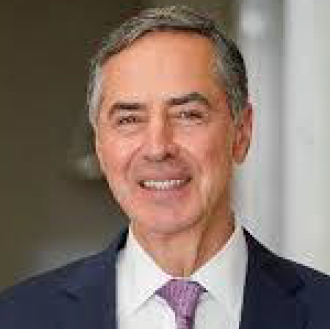
Luís Roberto Barroso
Chief Justice, Brazilian Supreme Tribunal
Luís Roberto Barroso, a prominent Brazilian jurist and legal scholar, has had a distinguished career spanning academia, law practice, and the judiciary. Born in Vassouras, Brazil, Barroso has been a law professor at the Rio de Janeiro State University since 1982, sharing his expertise with generations of students. His academic contributions extend beyond Brazil, as he has been a visiting professor at universities in France and Poland. In 2013, Barroso was appointed as a Justice to the Brazilian Supreme Court, a position he continues to hold. He was sworn in as the 51st Chief Justice of the Supreme Court of Brazil in September 2023.
Barroso served as the president of the Superior Electoral Court of Brazil from 2020 to 2022, playing a crucial role in protecting the electoral process. Since 2018, he has been a senior fellow at the Harvard Kennedy School, contributing to international academic discourse. Barroso is also a prolific author, having written over a dozen books and more than 50 published articles on various legal topics, including constitutional law, climate change, and the challenges posed by artificial intelligence. His work has earned him recognition as a liberal and progressive justice, advocating for issues such as gender equity, environmentalism, and the protection of Brazil's Indigenous population.
Barroso holds a law degree from the Rio de Janeiro State University, a Master of Laws (LLM) from Yale Law School, and a Doctor of Laws (SJD) from Rio de Janeiro State University. He completed postdoctoral studies at Harvard Law School in 2011.
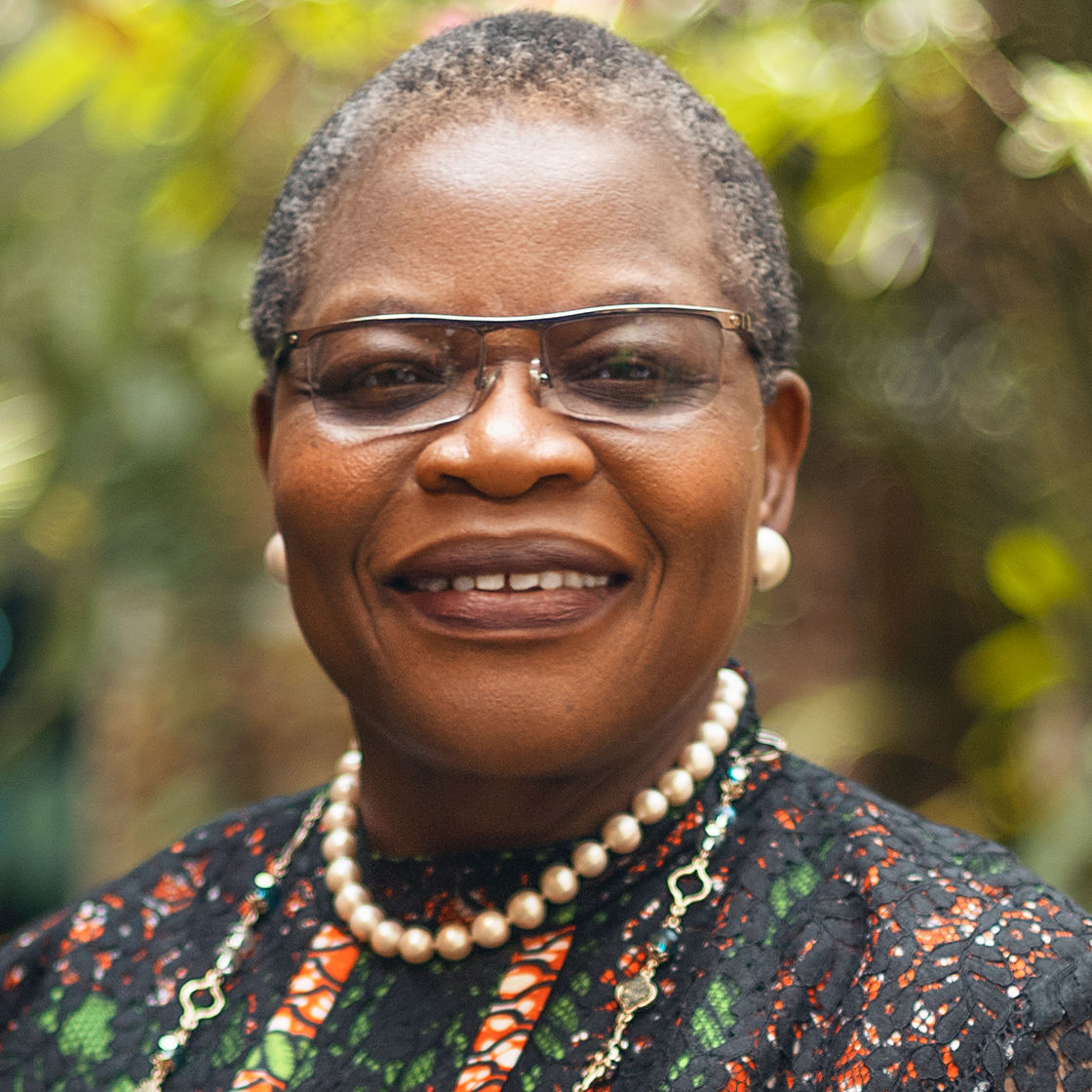
Obiageli Ezekwesili
Senior Economic Adviser, Africa Economic Development Policy Initiative
Founder-CEO, Human Capital África
Obiageli “Oby” Katryn Ezekwesili, an economic policy expert and social advocate who has led groundbreaking initiatives challenging extremism, corruption, and gender-based violence, is senior economic adviser of the Africa Economic Development Policy Initiative. She is one of co-founders and pioneer directors of Transparency International, the Berlin-based global anti-corruption organization and is currently the founder-CEO of Human Capital África, working in the education sector across Africa.
Ezekwesili is the founder-chairperson of the board of the School of Politics Policy and Governance in Abuja, Nigeria. She was a candidate for office of the president of Nigeria in the 2019 election and became the founder-chairperson of the #FixPolitics Initiative, a research-based citizens-led initiative, which promotes inclusive politics and democratic principles.
Ezekwesili was a vice president of the World Bank – Africa Region in Washington, DC, (2007- 2012) and, prior to that served in the government of Nigeria in various roles (2000-2007). She also served as the director of the Harvard-Nigeria Economic Strategy Project at the Center for International Development in the Kennedy School of Government, Harvard University.
A chartered accountant and consultant, Ezekwesili has an MA in international law and diplomacy and an MA in public policy and administration from the Kennedy School. She holds an honorary Doctor of Science degree from the Federal University of Agriculture in Abeokuta, Nigeria, and an honorary doctorate in business from the University of Essex Business School, awarded to her in recognition of her role in promoting economic and social justice in African countries.
She is the recipient of many other awards, including the 2022 Ford Family Notre Dame Award, and has served on boards of numerous local and international organizations.
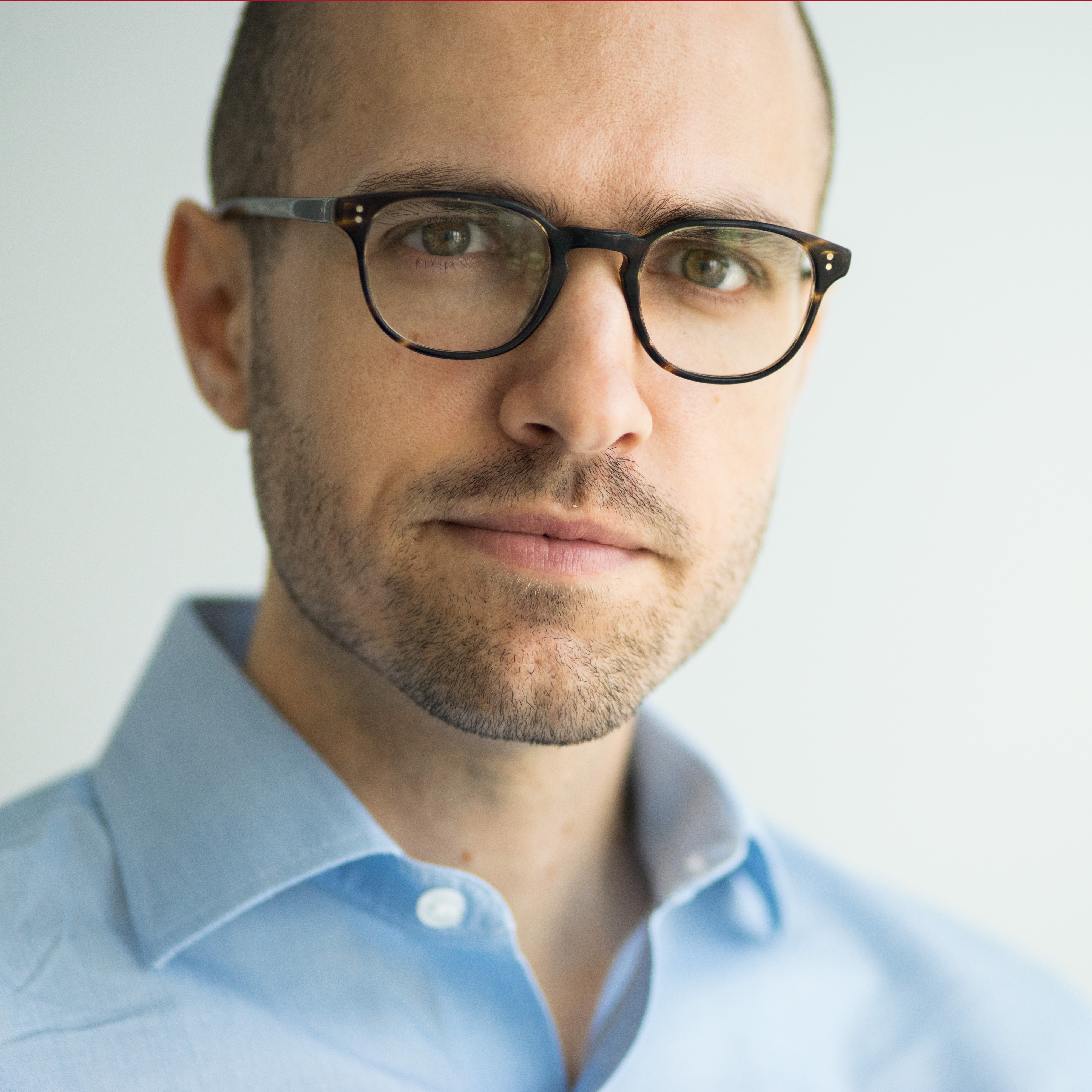
A.G. Sulzberger
Chairman, The New York Times Company
Publisher, The New York Times
A.G. Sulzberger is chairman of The New York Times Company and publisher of The New York Times. With a journalism operation of more than 2,700 people reporting from around the globe, The Times is the most influential and award-winning English-language news organization in the world.
As publisher and chairman, Sulzberger oversees both newsroom and company operations, and is the principal steward of the independence, ambition, and excellence of Times journalism. During his tenure, Sulzberger has invested heavily in investigative journalism, pushed The Times to expand into new digital formats like audio and multimedia, and has been an outspoken defender of the free press in the United States and abroad. A key architect of the company’s digital transformation and business strategy, he has helped grow The Times’s subscriber base to over eleven million, from 800,000 in 2014, the year he authored the Innovation Report.
Before becoming publisher, Sulzberger worked as a reporter and editor. He began his career at The Providence Journal and The Oregonian before joining The New York Times as a metro reporter. He later served as a national correspondent, assistant metro editor, associate editor for newsroom strategy and deputy publisher. A graduate of Brown University, he is the sixth member of the Ochs-Sulzberger family to serve The Times as publisher since the newspaper was purchased by Adolph Ochs in 1896.
Presenters & Chairs
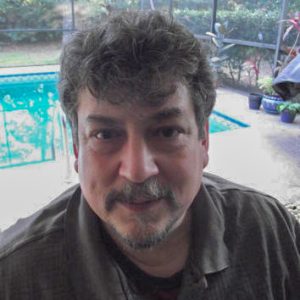
Michael Bernhard
Ehrlich Professor of Political Science
University of Florida
Bernhard is the inaugural Raymond and Miriam Ehrlich Eminent Scholar Chair in Political Science at the University of Florida. Previously, he was on the faculty of Penn State University and was a visiting researcher at both the Institute of Sociology and Philosophy at Warsaw University and the Center for International Affairs at Harvard University. His research centers around questions of democratization and development, globally and in the context of Europe.
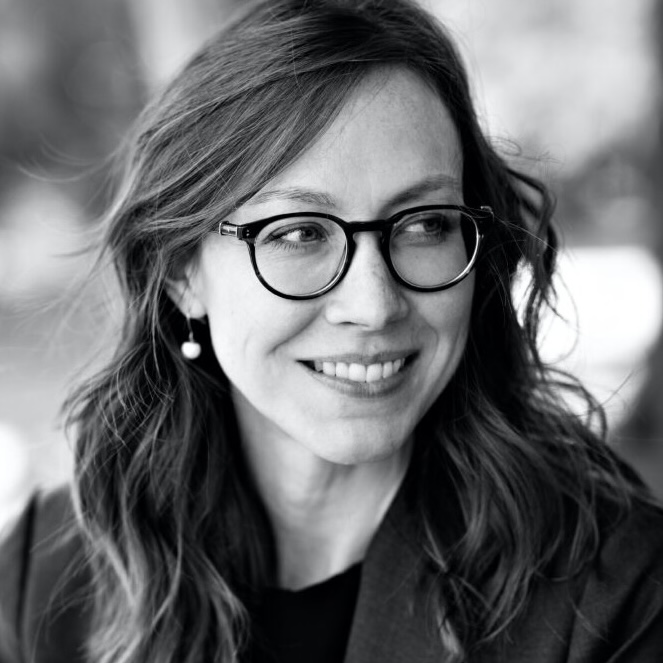
Katherine Bersch
Associate Professor of Political Science
Davidson College
In addition to her position at Davidson College, Bersch is an investigator with The Governance Project at Stanford University’s Center on Democracy, Development, and the Rule of Law and a co-founder of the Global Survey of Public Servants. A former Kellogg Institute visiting fellow, she earned a doctorate in government from the University of Texas at Austin, then completed postdoctoral fellowships at Stanford University and at McGill University’s Institute for the Study of International Development.
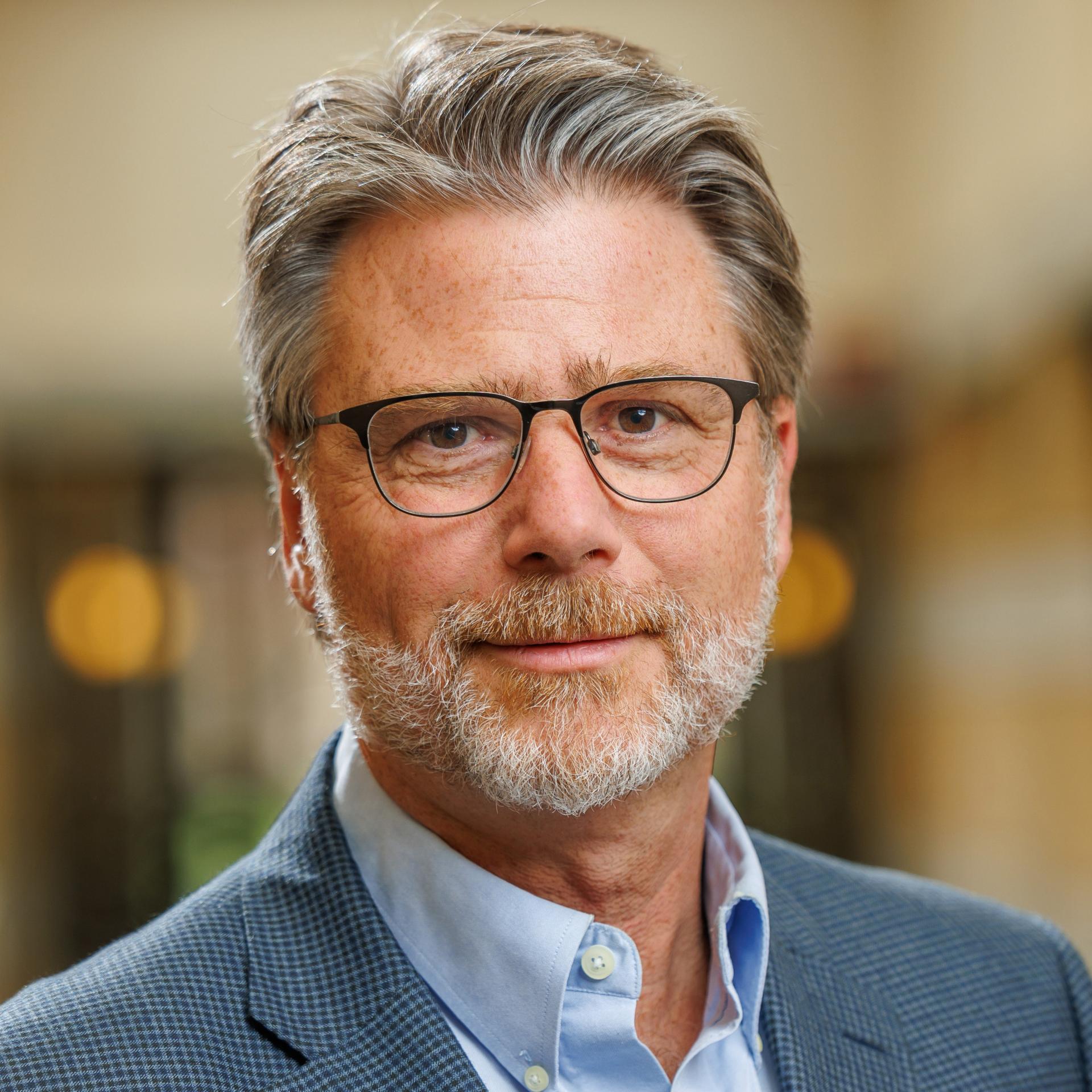
Daniel Brinks
Professor and Chair, Department of Government
University of Texas at Austin
Brinks works in the fields of comparative politics and public law, and his research focuses on the role of the law and courts in supporting or extending human and fundamental rights associated with democracy, especially in Latin America. His most recent book, The DNA of Constitutional Justice in Latin America: Politics, Governance and Judicial Design (Cambridge University Press, 2018), examines constitutional change in Latin America since 1975, focusing particularly on judicial institutions and constitutional review.
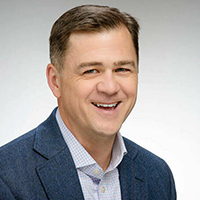
David E. Campbell
Packey J. Dee Professor of American Democracy
Director, Notre Dame Democracy Initiative
University of Notre Dame
Campbell's research focuses on US civic and political engagement, with particular attention to religion and young people. His most recent book is Secular Surge: A New Fault Line in American Politics (with Geoff Layman and John Green), which received the Distinguished Book Award from the Society for the Scientific Study of Religion. His upcoming book See Jane Run: How Women Politicians Matter for Young People (with Christina Wolbrecht) analyzes how the presence of women politicians affects young people in the United States.
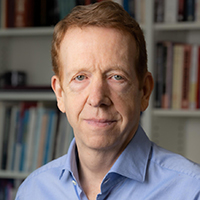
Thomas Carothers
Director of the Democracy, Conflict, and Governance Program
Carnegie Endowment for International Peace
Carothers is a leading authority on comparative democratization and international support for democracy, human rights, governance, the rule of law, and civil society. He has worked on democracy assistance projects for many organizations and carried out extensive field research on aid efforts around the world. He is the author or editor of ten critically acclaimed books and many articles in prominent journals and newspapers.
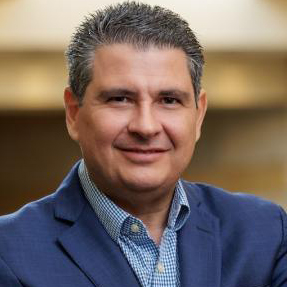
Juan Sebastián Chamorro
Former Presidential Candidate and Political Prisoner, Nicaragua
Chamorro is a Nicaraguan economist and pro-democracy advocate who served as executive director of the Civic Alliance for Justice and Democracy, leading efforts for government accountability and peaceful resistance against Daniel Ortega’s regime. Arrested in 2021 as a presidential candidate, he endured 20 months in solitary confinement before being exiled to the US, where he continues advocating for human rights and democratic reforms. Currently a visiting fellow at Notre Dame’s Kellogg Institute, he is writing a book documenting Nicaragua’s democratic erosion and the global threat of authoritarianism.
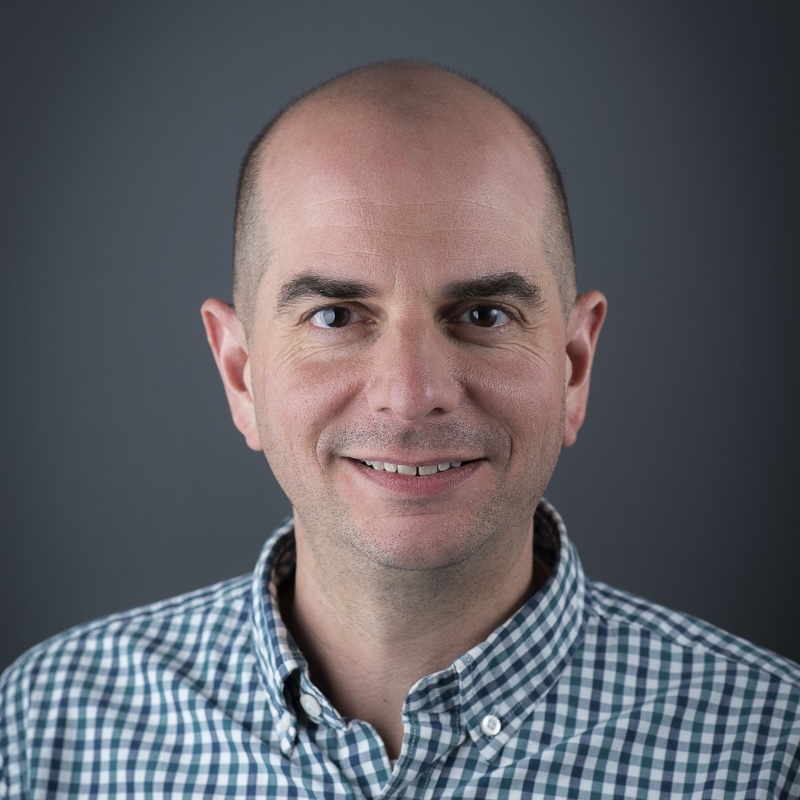
Jeff Conroy-Krutz
Associate Professor and Chair, Comparative Politics
Michigan State University
Alongside his role as associate professor, Conroy-Krutz serves as a core member in the African Studies Center at Michigan State University. His research focuses on media and information, ethnicity, clientelism, electoral campaigns, and polarization in Africa. His current work is focused on radio-based efforts to combat scapegoating and hate speech, and encourage democratic engagement, with ongoing projects in Burundi, DR Congo, Kenya, Mali, Niger, and Rwanda. Since 2018, Conroy-Krutz has served as the editor of the Afrobarometer Working Papers Series. He holds a PhD in political science from Columbia University.
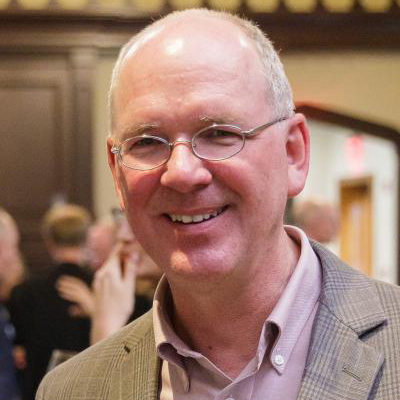
Michael Coppedge
Professor of Political Science
University of Notre Dame
In addition to his appointment at Notre Dame, Coppedge is a principal investigator of the Varieties of Democracy (V-Dem) project, a pioneering initiative that has produced comprehensive measures of hundreds of aspects of democracy and governance worldwide since 1789. His influential research focuses on democracy measurement, democratization, and the diffusion of democratic practices, with a particular emphasis on nuanced, multidimensional analysis. He is co-editor of Why Democracies Develop and Decline and co-author of Varieties of Democracy: Measuring Two Centuries of Political Change, and has published extensively on global democratic trends and the conditions that foster or hinder democracy
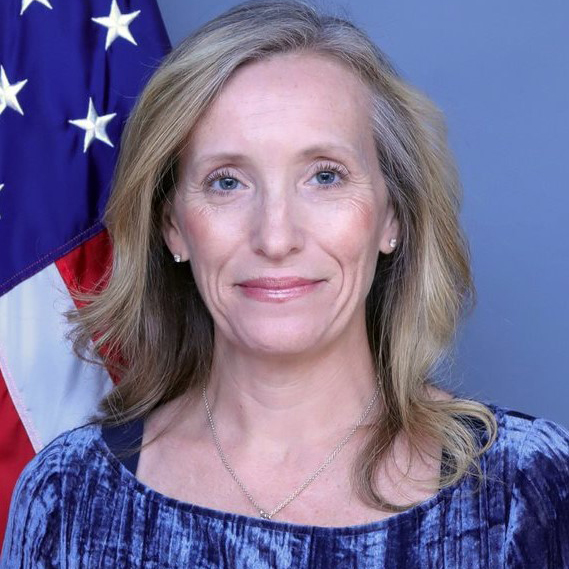
Kelley E. Currie
Nonresident Senior Fellow
Freedom and Prosperity Center and Scowcroft Center for Strategy and Security
Atlantic Council
Ambassador (ret.) Currie has had a distinguished career focused on human rights, political reform, and democracy, particularly in the Indo-Pacific region. She has served as the US representative to the United Nations Economic and Social Council and ambassador-at-large for global women’s issues, as well as holding senior roles in the US State Department and Congress. Currie’s work includes advocating for democratic resilience against authoritarian influence, supporting civil society movements, and founding the Burma Transition Initiative to promote democratic transition in Myanmar. She also serves on the board of the National Endowment for Democracy, further underscoring her commitment to advancing global democracy. She holds a Juris Doctor from Georgetown University Law School.
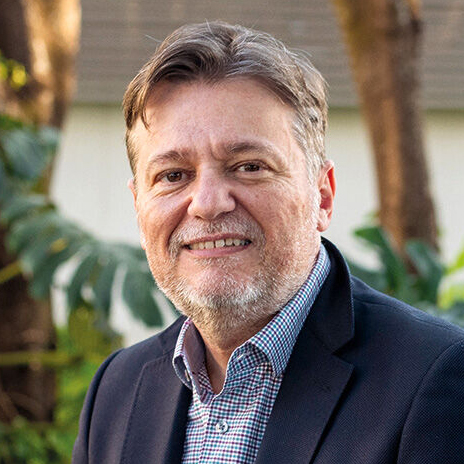
Alexandre de Avila Gomide
Director for Advanced Studies
National School of Public Administration (ENAP), Brazil
A tenured researcher at the Institute for Applied Economic Research (IPEA), de Avila Gomide specializes in state capacity, bureaucracy, and public policy. He has made substantial academic contributions, publishing in leading journals and co-authoring influential works on policy reconfiguration and governance. He currently serves as Director of Advanced Studies at the National School of Public Administration (ENAP), Brazil. He holds a PhD in Public Administration and Government from Fundação Getulio Vargas (FGV).
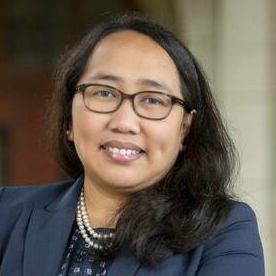
Diane Desierto
Professor of Law and Global Affairs
Faculty Director, LL.M. in International Human Rights Law
Global Director, Notre Dame Law School Global Human Rights Clinic
University of Notre Dame
Desierto teaches, publishes, and practices in the areas of international law and human rights, international economic law and development, international arbitration, maritime security, Association of Southeast Asian Nations (ASEAN) Law, and comparative public law. At the Kellogg Institute, she is a faculty fellow and Co-Principal Investigator of the Notre Dame Reparations Design and Compliance Lab. She was a former Yale Law clerk at the International Court of Justice for H.E. Judges Bruno Simma and Bernardo Sepulveda-Amor. The author and editor of several books, Desierto holds JSD and LLM degrees from Yale Law School, as well as a JD from the University of the Philippines.
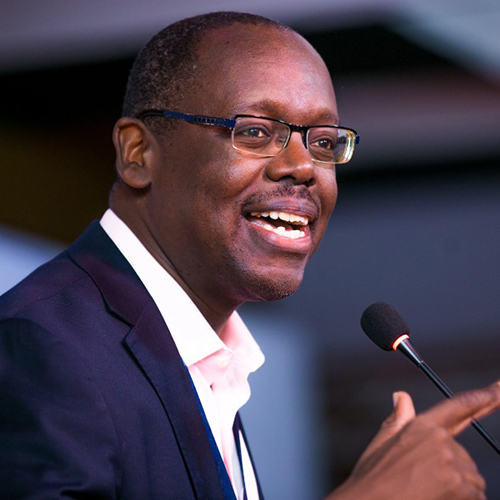
Aidan Eyakuze
Chief Executive Officer
Open Government Partnership
Eyakuze is a renowned economist and leader in East Africa. Appointed the CEO of Open Government partnership this year, he served as executive director of Twaweza East Africa from 2015 to 2025, where he focused on transparency and citizen engagement. Eyakuze is an Archbishop Desmond Tutu Leadership Fellow and a member of the Aspen Global Leadership Network, and he serves on several boards, including the Global Partnership for Sustainable Development Data. His work has been recognized globally, including being named one of the world's 50 most influential people revolutionizing government.
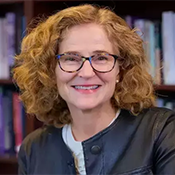
Mary Gallagher
Marilyn Keough Dean of the Keough School of Global Affairs
University of Notre Dame
Prior to her role at the Keough School, Gallagher directed the International Institute at the University of Michigan, where she was also the Amy and Alan Lowenstein Chair in Democracy, Democratization and Human Rights. She has published extensively in leading academic journals as well as in prominent media outlets and is the author or editor of five books. Over the course of her career, Gallagher has received multiple honors for her research, including two Fulbright awards and grants from the National Science Foundation and the Luce Foundation. She is a nonresident senior fellow at the Brookings Institution, a member of the National Committee on US-China Relations, and a consultant for the World Bank, the US Department of State, the US Department of Labor ,and many other nongovernmental and international organizations. She holds a PhD in politics from Princeton University.
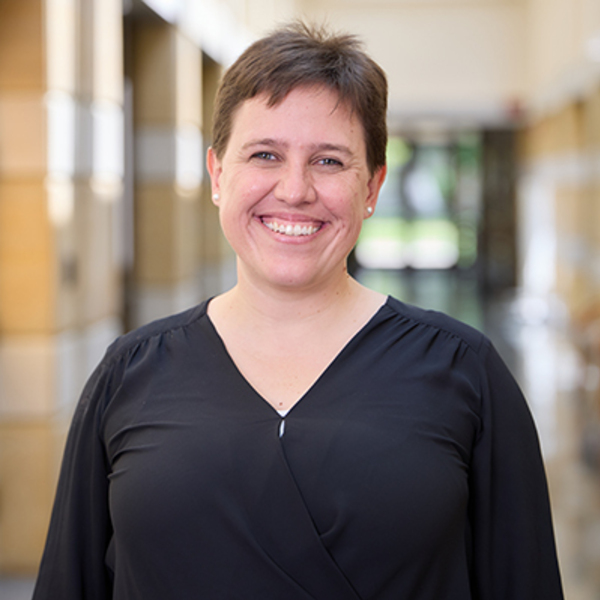
Laura Gamboa
Assistant Professor of Democracy and Global Affairs
University of Notre Dame
A former Kellogg Institute PhD Fellow, Gamboa is assistant professor of democracy and global affairs in the Keough School of Global Affairs. She received her PhD in political science from the University of Notre Dame and an MA in Latin American Studies from University of Texas at Austin. Her research expertise lies in comparative politics, regimes and regime change, parties and party systems, and Latin American politics, centering her research around questions related to the survival and quality of democratic system. Gamboa has received numerous fellowships and awards, including Notre Dame’s Eli J. and Helen Shaheen Award in Social Science, University of Utah’s 2024 CSBS Superior Research Award, and Harvard University’s DRCLAS’ Santo Domingo visiting fellowship.
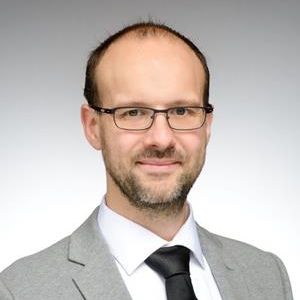
Benjamín Garcia-Holgado
Assistant Professor of Political Science and International Relations
University of Delaware
A former PhD fellow at the Kellogg Institute, Garcia-Holgado focuses his research on democratic erosion, strategic dismantling of democracy by populist leaders, and strategies that can be implemented to halt executive encroachment. He holds a PhD in political science from the University of Notre Dame, where he was awarded the Notre Dame Presidential Fellowship.
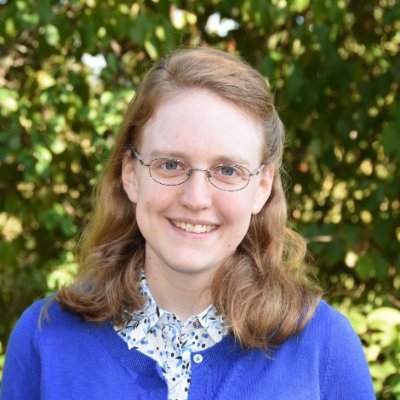
Holly Ann Garnett
Class of 1965 Professor of Leadership
Associate Professor of Political Science and Economics
Royal Military College of Canada
In addition to her roles at the Royal Military College of Canada, Garnet is a cross-appointed faculty at the School of Policy Studies and Department of Political Studies at Queen’s University. Her research focuses on how electoral integrity can be strengthened throughout the electoral cycle, including the role of election management, registration and voting, cybersecurity and election technologies, civic literacy, and campaign finance.
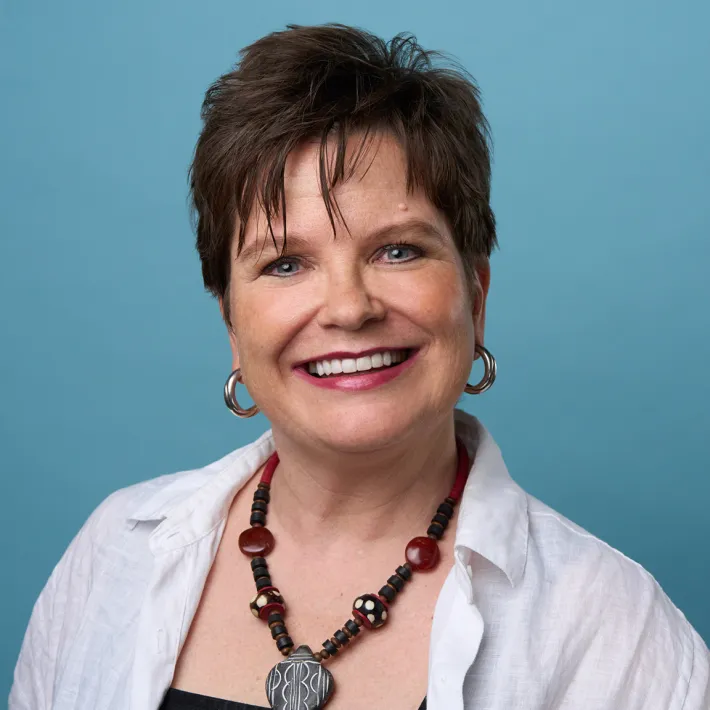
Helena Hofbauer Balmori
International Program Director, Civic Engagement and Government
Director, Mexico and Central America
The Ford Foundation
A globally recognized advocate for social justice, Hofbauer has a distinguished career spanning over two decades, including founding FUNDAR, a research institute promoting democracy and human rights in Mexico. Previously, she directed partnership development at the International Budget Partnership, supporting civil society organizations in over 25 countries to advance equitable governance through budget advocacy. With a master’s degree in international peace studies from the University of Notre Dame, Hofbauer Balmori is a thought leader on issues of governance, human rights, and social inclusion.
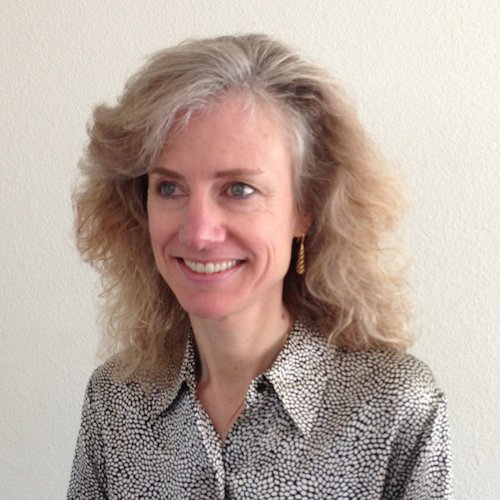
Diana Kapiszewski
Provost Distinguished Associate Professor of Government
Director, Center for Latin American Studies
Georgetown University
Kapiszewski’s research interests include public law, comparative politics, and qualitative research methods. Her current work examines law and legal institutions in Latin America, as well as democracy and judicial resistance to democratic erosion; her current book project analyzes electoral courts in Brazil and Mexico. She directs the States and Institutions of Governance in Latin America database (www.sigladata.org) and co-directs the Institute for Qualitative and Multi-Method Research. She holds a PhD in political science from UC Berkeley.
John Koshy
Project Director
D-Hub
Koshy has spent seven years at the confluence of politics, policy, and public advocacy in India, serving as Chief of Staff to Dr. Shashi Tharoor, a senior parliamentarian and opposition leader. In this capacity, John led a multidisciplinary team of researchers and parliamentary staff, providing strategic advice on political and electoral campaigns, shaping policy positions, engaging with civil society and political leadership, and contributing to key parliamentary debates and interventions. Beyond this role, John has also worked as a consultant for AirQuality Asia, where he spearheaded impactful bipartisan dialogues on air quality. These initiatives brought together parliamentarians, civil society organizations, and healthcare experts to drive policy discussions and foster actionable solutions. With expertise in speechwriting, research, and advocacy, John's work is anchored in a deep commitment to the transformative potential of political strategy. Currently, John serves as Project Director at D-Hub, a global community of democracy defenders.
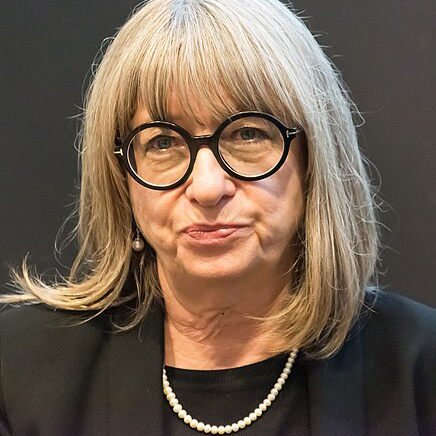
Ewa Kulik-Bielińska
Executive Director
Stefan Batory Foundation, Poland
Ewa Kulik-Bielińska is a prominent figure in Polish civil society, serving since 2010 as the executive director of the Stefan Batory Foundation, which aims to build a society of people aware of their rights and responsibilities, who are actively involved in the life of their local community, country, and international society. She was actively involved in the opposition movement during Poland's communist era and later focused on strengthening democracy and civil society in Poland and Eastern Europe. Kulik-Bielińska's contributions have been recognized with the Commander's Cross of the Order of Polonia Restituta, highlighting her dedication to these causes.
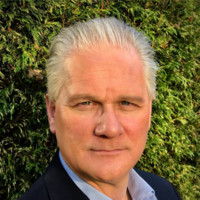
Frank Langfitt
Roving National Correspondent
National Public Radio
Langfitt is a renowned NPR correspondent who has extensively covered global democracy issues. Currently NPR's Roving National Correspondent, based in Washington, DC, he focuses on underreported stories related to democracy, economics, politics, and culture. Previously, he served as NPR's Global Democracy Correspondent, covering threats to democracy worldwide, and spent nearly two decades as an international correspondent reporting from over 50 countries. Langfitt's career has included notable assignments in London, China, and East Africa, where he explored pivotal geopolitical and democratic developments.
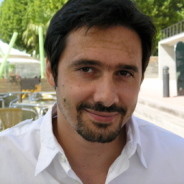
Miguel Loureiro
Research Fellow
Convenor of the MA Governance, Development and Public Policy
Institute of Development Studies, United Kingdom
Loureiro's research expertise spans governance, public policy, public administration, and accountability, with a particular emphasis on evidence-based policymaking and its implications for development outcomes. Loureiro has published extensively on topics such as decentralization in Africa and governance in areas of contested power, offering nuanced analyses of how institutions and policies interact in complex environments. His work often explores the dynamics of governance from the margins, providing valuable insights into how governance functions in diverse contexts and how it can be strengthened to support equitable development. Through his research and teaching, Loureiro contributes to fostering a deeper understanding of governance challenges and opportunities in developing countries.
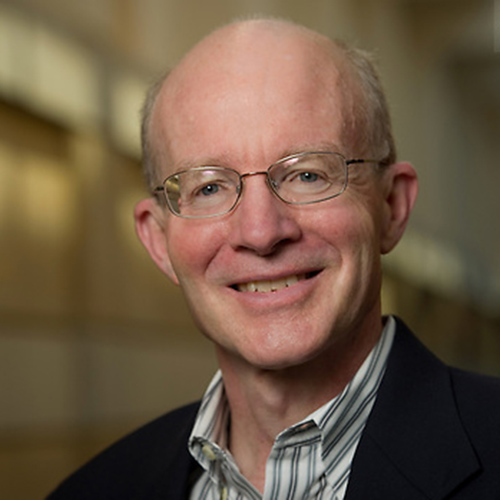
Scott Mainwaring
Eugene and Helen Conley Professor of Political Science
University of Notre Dame
A Kellogg faculty fellow and former director of the Institute, Mainwaring is renowned for his expertise in Latin American politics. His research focuses on democratization, political parties, and authoritarian regimes. Elected to the American Academy of Arts and Sciences in 2010, he was listed among the world’s 50 most-cited political scientists in 2019. His award-winning works include Democracies and Dictatorships in Latin America (2013) and Democracy in Hard Places (2022), co-edited with Tarek Masoud.
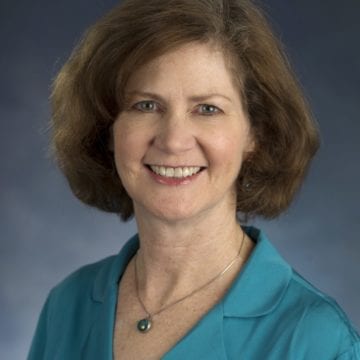
Jennifer McCoy
Regents’ Professor of Political Science
Georgia State University
McCoy is a leading expert on democracy, political polarization, and democratic resilience. As former director of the Carter Center’s Americas Program, she led numerous initiatives on democratic strengthening, mediation, and election observation throughout the Americas. Her research, including the development of the concept of “pernicious polarization,” has shaped global understanding of how polarization threatens democratic governance and what strategies can protect and revitalize democracy. McCoy’s current work focuses on innovative civic education to bolster democratic engagement and has earned her recognition as a 2024 Andrew Carnegie Fellow for her ongoing commitment to supporting democracy worldwide.
John T. McGreevy
Charles and Jill Fischer Provost and Francis A. McAnaney Professor of History
University of Notre Dame
McGreevy joined the faculty of the University of Notre Dame in 1997, beginning his term as provost in July 2022. An acclaimed historian specializing in global and American religion and politics, McGreevy is the author of four books, including Catholicism: A Global History from the French Revolution to Pope Francis (2022). He previously served as dean of Notre Dame’s College of Arts and Letters from 2008 to 2018 and has played a leading role in advancing research, interdisciplinary programs, and academic excellence at the university. McGreevy holds a PhD from Stanford University.
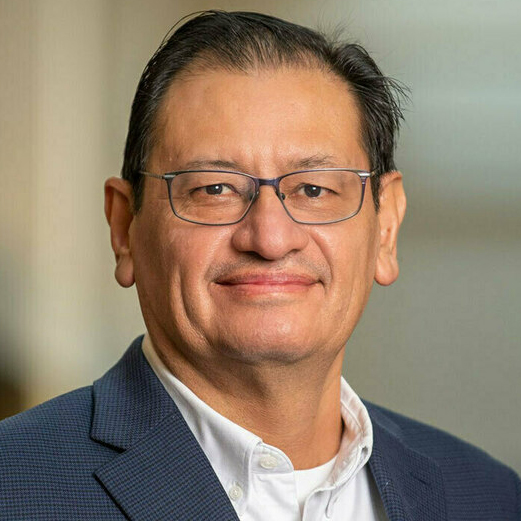
Andrés Mejía Acosta
Kuster Family Associate Dean for Policy and Practice
Associate Professor of Political Economy of Development
University of Notre Dame
Mejía Acosta's research focuses on comparative political institutions, the political economy of policymaking, and nutrition governance, with a particular emphasis on Latin America. His work has also explored fiscal decentralization and public finance management in emerging markets. He has published extensively on democratic institutions and policy management in low- and middle-income countries. A Kellogg Institute Faculty Fellow, Mejía Acosta earned his PhD in political science from Notre Dame in 2004 and previously served as a reader at King's College London and a senior research fellow at the Institute of Development Studies at the University of Sussex.
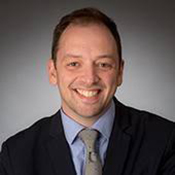
Michael Mirny
Senior Director, Information and Media
International Research & Exchanges Board (IREX)
With more than 20 years of experience in international development, Mirny is senior director of the Information and Media Practice at IREX, managing a portfolio of programs in Africa, the Middle East and North Africa, Asia, Europe and Eurasia, and Central America. Previously he was chief of party of a USAID-funded media program and ran a number of media projects at private consulting corporations in Washington, DC. He started his career as a journalist at the BBC and Radio Free Europe and received a Golden Microphone Award for a BBC program about war reporting. He currently serves as a steering committee member of the Global Fund for Media Development.
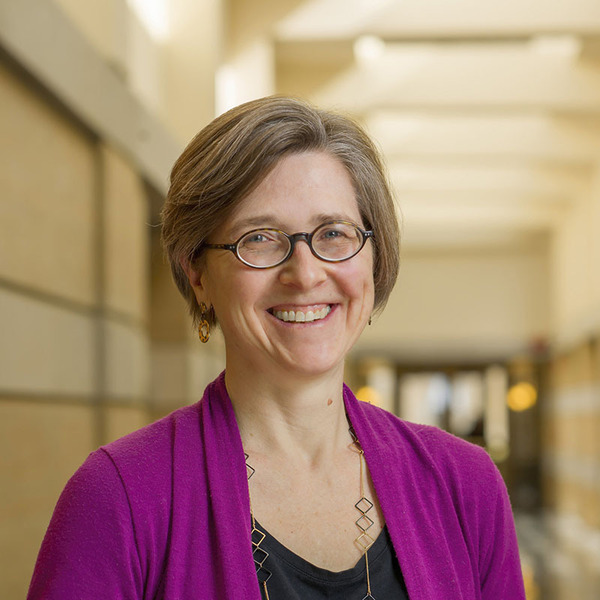
Ann Mische
Associate Professor of Sociology and Peace Studies
University of Notre Dame
A Kellogg Institute faculty fellow, Mische studies Brazilian youth politics during redemocratization; anti-partisanship in recent global protest waves; and communication, deliberation, and leadership in social movements. She is a cultural and political sociologist interested in social movements, civic engagement, political parties, social networks, peace and conflict, future thinking, and public deliberation.

Russell Muirhead
Professor of Democracy and Politics
Co-Director of the Political Economy Project
Dartmouth College
Alongside his roles at Dartmouth, Muirhead also is an adjunct professor at the Tuck School of Business and a New Hampshire state representative. He holds expertise in multiple areas of study, including ideas and institutions in American constitutional democracy, American political thought, and political economy. Muirhead holds an AB and PhD from Harvard University and a BA from Oxford University.
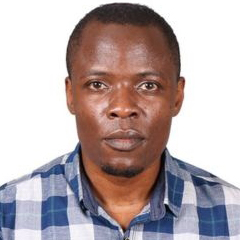
James Odhiambo Okong'o
Journalist
Nieman Fellow, Harvard University
Okong'o is a multi-award-winning journalist and digital investigations specialist, currently a 2025 Nieman Fellow at Harvard University. With years of experience in media and communications at international, regional, and national levels, he is recognized for his expertise in Africa’s digital spaces, disinformation, and open-source intelligence (OSINT). Okong'o has worked with leading organizations such as AFP News Agency and Code For Africa, and holds advanced degrees in communications and digital journalism from Daystar University and Aga Khan University. He is known for his creative and adaptable approach to reporting on political, humanitarian, and development issues across Africa
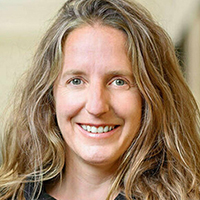
Susan Ostermann
Assistant Professor of Global Affairs
University of Notre Dame
Ostermann is an expert in comparative politics in South Asia, regulatory compliance, and environmental regulation. Her work seeks to understand why actors comply with regulations in unlikely circumstances, such as when states are weak or actors have strong incentives to break the law. She holds a PhD in political science from the University of California, Berkeley and a law degree from Stanford University Law School.
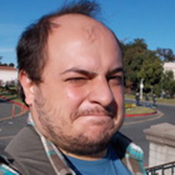
Ugur Ozdemir
Lecturer in Quantitative Political Science
University of Edinburgh, Scotland
Ozdemir's research interests focus on comparative political behavior, political psychology, bounded rationality, quantitative methods, and positive political theory. He has published research on topics such as the impact of basic human values on populist electoral support and ethnic heterogeneity in public goods provision. Ozdemir earned a PhD in political science from Washington University in St. Louis in 2012.

Nara Pavao
Associate Professor- Political Science Department
Federal University of Pernambuco, Brazil
A former Kellogg Institute Dissertation Year Fellow, Pavao earned her PhD in political science from the University of Notre Dame. She was then a postdoctoral researcher at the Center for the Study of Democratic Institutions at Vanderbilt University prior to her current position. Her research is centered around the intersections of political behavior, public opinion, and comparative politics, exploring how individuals engage with information about the political world and use this to develop perspectives on pertinent issues and navigate their decision-making processes.
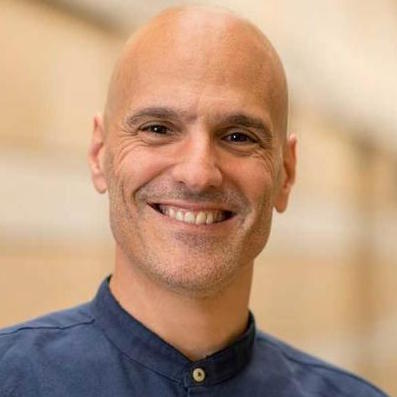
Aníbal Pérez-Liñán
Director, Kellogg Institute for International Studies
Professor of Political Science and Global Affairs
University of Notre Dame
Pérez-Liñán's research centers on democratization, political institutions, and the rule of law, with a particular focus on Latin America. He is renowned for his influential books, including Presidential Impeachment and the New Political Instability in Latin America and Democracies and Dictatorships in Latin America (co-authored with Scott Mainwaring), which analyze the emergence, survival, and challenges of democratic regimes in the region. His work has contributed significantly to understanding the dynamics of democratic stability, regime change, and threats to democracy in contemporary Latin America. Through his scholarship, Pérez-Liñán has also engaged in public debates on the importance of strengthening democratic institutions to safeguard against authoritarian backsliding.
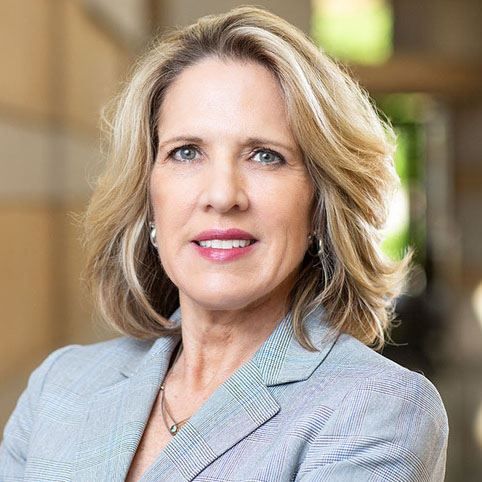
Maura Policelli
Executive Director, Keough School of Global Affairs Washington Office
Professor of the Practice
University of Notre Dame
With more than 20 years of experience in national politics, public policy, and communications, Policelli has held senior roles on Capitol Hill, in the Obama Administration, and as chief of staff for Oxfam America. Policelli leads strategic programming and outreach in Washington, DC, fostering partnerships that connect Notre Dame faculty and students with policymakers to advance global policy impact. She holds a JD from Georgetown University.
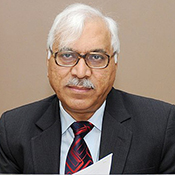
S. Y. Quraishi
Former Chief Election Commissioner of India
Honorary Professor, Cluster Innovation Centre, University of Delhi, India
Quraishi is an Indian civil servant who served as 17th Chief Election Commissioner (CEC) of India (2010-2012), the first Muslim to serve in this position. Among his books, he authored An Undocumented Wonder – the Making of the Great Indian Election in 2019, which describes the enormity and complexity of the Indian election. A current member of the International Elections Advisory Council, Qurashi pursues his interests in academics by teaching and mentoring as an honorary professor at the Cluster Innovation Centre, University of Delhi. He holds a PhD from Jamia Millia Islamia University in Delhi.
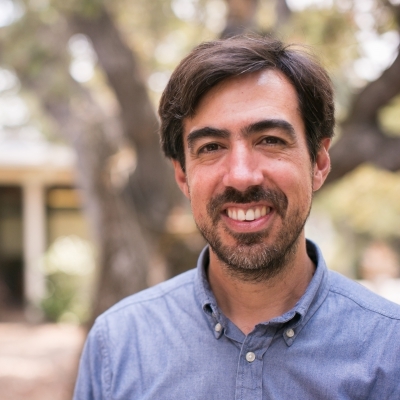
Julio Ríos-Figueroa
Associate Professor of Law
Instituto Tecnológico Autónomo de México
Alongside his work as a professor, Figueroa is a non-resident fellow at the Neukom Center for the Rule of Law at Stanford University School of Law. After earning his PhD in Politics from New York University, Figureroa worked as a professor of political science at the Center for Economic Research and Teaching in Mexico City. His research focuses on comparative judicial politics, the rule of law, and empirical legal studies.
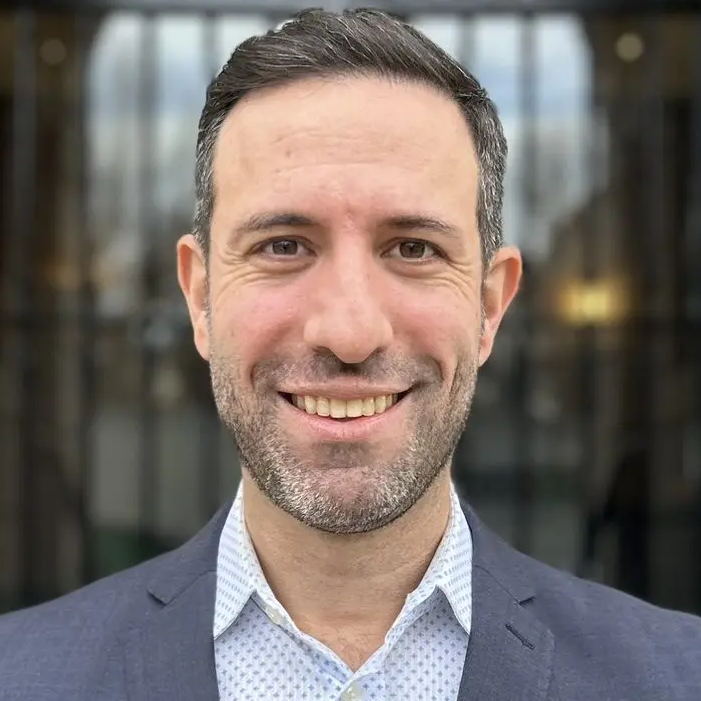
David Salvo
Managing Director
Alliance for Securing Democracy, German Marshall Fund
In his work with the German Marshall Fund, Salvo leads efforts to track, analyze, and build resilience against autocratic threats to democratic institutions in the United States and Europe. An expert in Russian affairs, Salvo has spent his career analyzing how authoritarian regimes, particularly the Kremlin, seek to undermine democracy, and he is the principal author of The ASD Policy Blueprint for Countering Authoritarian Interference in Democracies. Previously he served as a US Foreign Service Officer, advising on policy for Europe, Eurasia, and international security, and working on issues related to NATO and the OSCE. Salvo is a frequent media commentator on democracy and foreign interference, and his work has significantly contributed to policy strategies defending democratic resilience against authoritarian influence.
Zsuzsanna Szelényi
Director
Democracy Institute Leadership Academy, Central European University, Hungary
A Hungarian political thinker and foreign policy specialist, Szelényi is director at the CEU Democracy Institute in Budapest and a non-resident senior fellow with Center for European Policy Analysis (CEPA). Previously she was elected to the Hungarian Parliament (2014-2018) and served at the Council of Europe (1996-2010) developing democracy all over Europe, including conflict regions such as the Western Balkans and the countries of Caucasus. Her 2022 book, Tainted Democracy, tells an inside story of Hungary’s descent into autocracy at the hands of Viktor Orbán.
An important part of this year's GDC is the integration of "Action Labs." These are spaces of collaboration between academics and practitioners, and among practitioners from different countries who confront similar challenges. They are designed to help participants connect with each other, identify common lessons, and establish future collaborations. Time will be allotted within the conference for the labs to meet.
The main goal of the Action Labs is to help democracy activists craft concrete and coordinated actions to address executive branch issues through a dynamic combination of research insights, strategic support, and effective activism. The labs are meant to focus on specific challenges, driven by the empirical concerns, lessons, and experiences of democratic champions. Promoting effective joint action may be an elusive goal for a group of stakeholders with diverse expertise and geographical backgrounds, who are meeting for the first time. This is why the proposed ALs will pay as much attention to the process as well as the expected outcomes. In the meantime, there are some intermediate and attainable objectives:
- To facilitate dialogues between democratic activists and champions from different countries working on similar campaigns and facing comparable challenges.
- To provide learning and networking opportunities between country activists, scholars, and cooperation agencies stationed outside the country.
- To identify, challenge and review existing cooperation strategies to provide effective support to activists and democracy champions on the ground.
- To identify relevant literature, challenge existing research insights, and demand new empirical research to better guide effective democratic activism.
Inaugural Global Democracy Conference: "Understanding Today, Shaping Tomorrow"
May 20-22, 2024
The Kellogg Institute convened leading defenders of global democracy at the University of Notre Dame for a series of profound, actionable conversations about the state of democracy around the world. Animated by our understanding of the multidimensional, complex nature of democratic erosion, this conference aimed to: i) identify emerging challenges to democracies and possible solutions; ii) highlight the research being undertaken by top universities in order to have meaningful impact in the world of policy; and iii) convene global actors that help lay the foundation for partnerships with institutions and leaders who might utilize our research in protecting local democratic structures.






